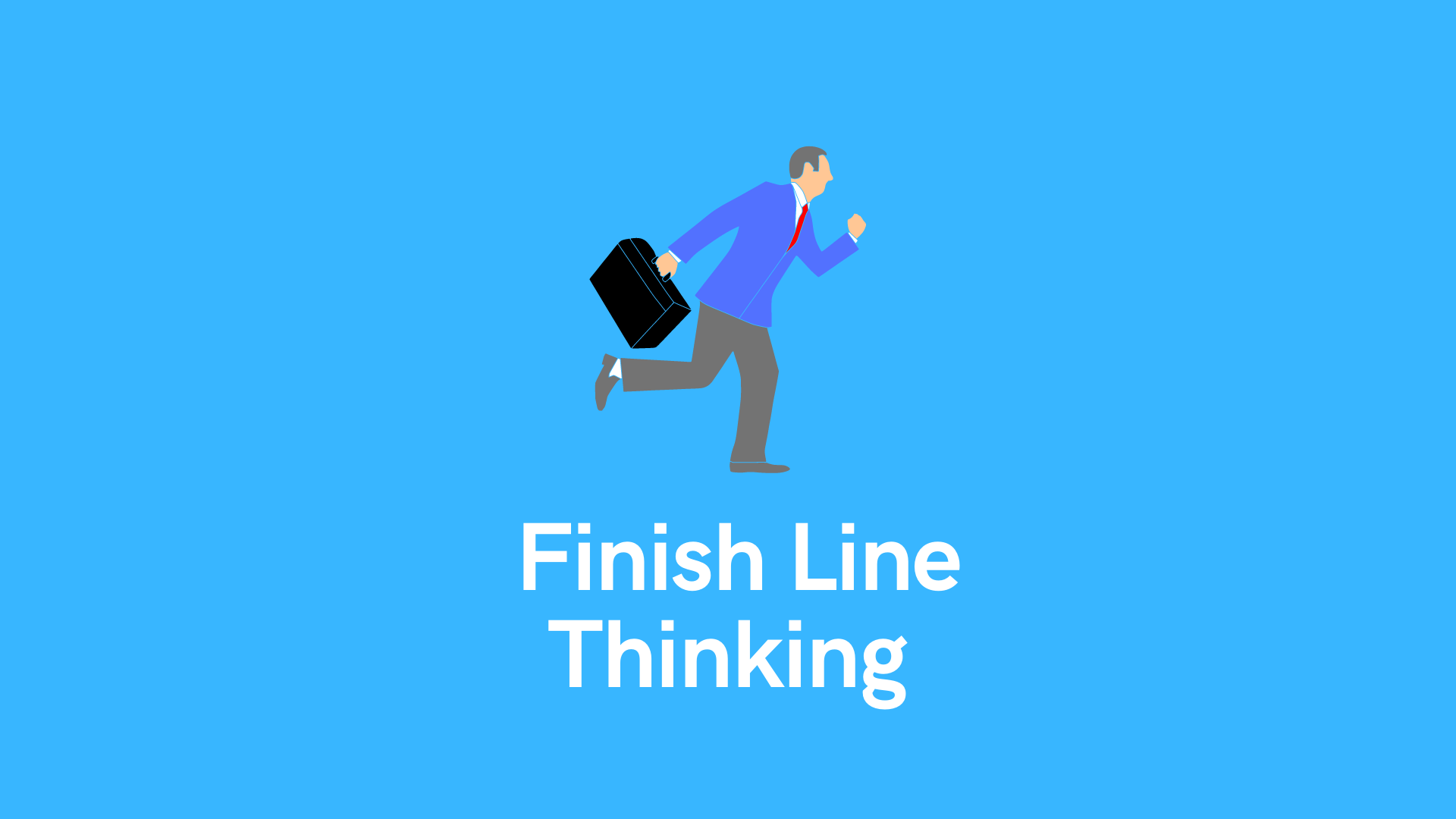You can be very successful picking the right investments. I know those who've made a lot doing so. I also know those who've lost a lot. These groups are not mutually exclusive.
Active investing is hard, and it very well should be. If everyone could do it, all profits would vanish. Only a few outliners will ever do well. This applies across all fields. Only a few players will make it to the NBA, even fewer will win a ring. Only a few authors will get a publishing deal, even fewer will make the best-sellers list. It takes a lot of effort (plus some luck) to become elite. If you're able to rise above, tremendous fortunes await.
With great rewards come great risk. The risk of wasted effort, forgoing opportunities, and losing it all.
Risk is why I invest like I do. I have a long enough time horizon and a modest enough lifestyle to achieve my goals without being an amazing investor. I can afford NOT to take these risks, so why do it? I can focus my efforts and take risks in other areas.
So unlike die-hard passive investors, I think it is indeed very possible to beat the market. It's just comes with risks, fortunately risks that I don't need to take.


Comments
Post a Comment